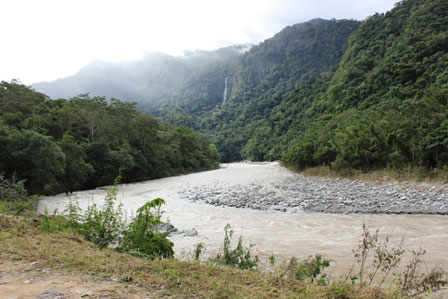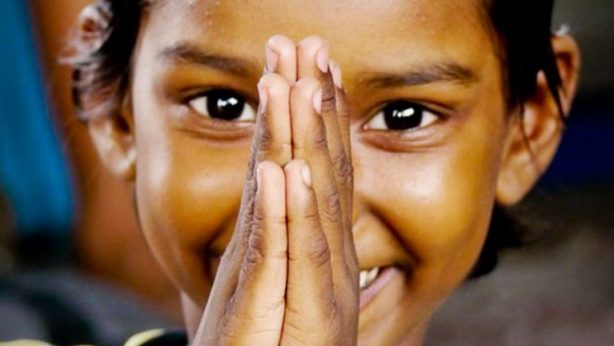Enrique’s Journey: Hardship and Hope for Honduran Families Who Find Themselves Apart
Many of the women that I have met during my travels in Honduras have stories of family disintegration caused by migration. With a plethora of mixed emotions, mothers fight their way north to find employment in their pursuit to do what is best for their loved ones. Many of their children become determined to follow, often taking an even more perilous path to be together again. In Enrique’s Journey, by Sonia Nazario, we witness this unfold.
Nazario follows the life of Enrique, a young boy whose mother makes the painful decision to leave him and his sister behind in Honduras to pursue work in the US. Though he benefits from the remittances sent by his mother, he feels lost without her presence. After several years of bouncing back and forth from relative to relative, seventeen-year-old Enrique treks north in his resolve to reunite with his mother. He confronts violence, hunger, harsh weather, fatigue, and the constant terror of getting caught. After eight attempts and fighting with all of his being to survive, he finally finds his mother. Enrique and his family live through the joy of reunion and the pain of being apart as those still on Honduran soil feel the void left by their loved ones.
This reality permeates communities here everywhere. Everyone you meet has someone in their life who felt they had to leave.
Vilitza knows the pain of such family disintegration. Living in the southern department of Valle, Vilitza’s household had been impoverished for many years. Her older sister, a single mother without stable job prospects, could no longer take the thought of being unable to provide enough for her son and two daughters. With a heavy heart and choked back tears, she told Vilitza that she was going north, leaving her young ones behind with her and their mother. After fighting her way to Virginia, she found a job in construction.
Vilitza says life for her sister in the US has been stressful. She treads softly in constant fear of authorities and deportation. Her sister cannot bear to tell her much over the phone about her experiences migrating, or even about her new life. Vilitza senses her loneliness. “I tell her I will listen. I just want to hug her.”
Vilitza joined Adelante two years ago with an initial loan of $184. Starting off selling second-hand clothing, she slowly used her investments to build her inventory with lotions, beauty products, and shoes. Vilitza has helped her nieces and nephew rise above poverty. The earnings from her business ensure that they do not have to rely solely on the remittances her sister sends from abroad. She hopes for her sister to come home and to see her children grow up, for her to understand that they can lead a good life here.
“We have to fight against these problems so people will stay,” she says.
Despite the heartache, Vilitza defines resilience. Though she must live with the pain of being apart from people she loves, she fights to earn a livelihood for herself and her family. She works diligently to make the best of the opportunities available to her through her Adelante assembly.
I have felt the pride that Vilitza holds for what she does. She proves to her family at home and abroad that she can overcome hardship through local opportunities. She strives to keep her community intact despite the constant migration. She thrives, envisioning a future of Hondurans who feel confident to stay together with their families, happy and at home.


